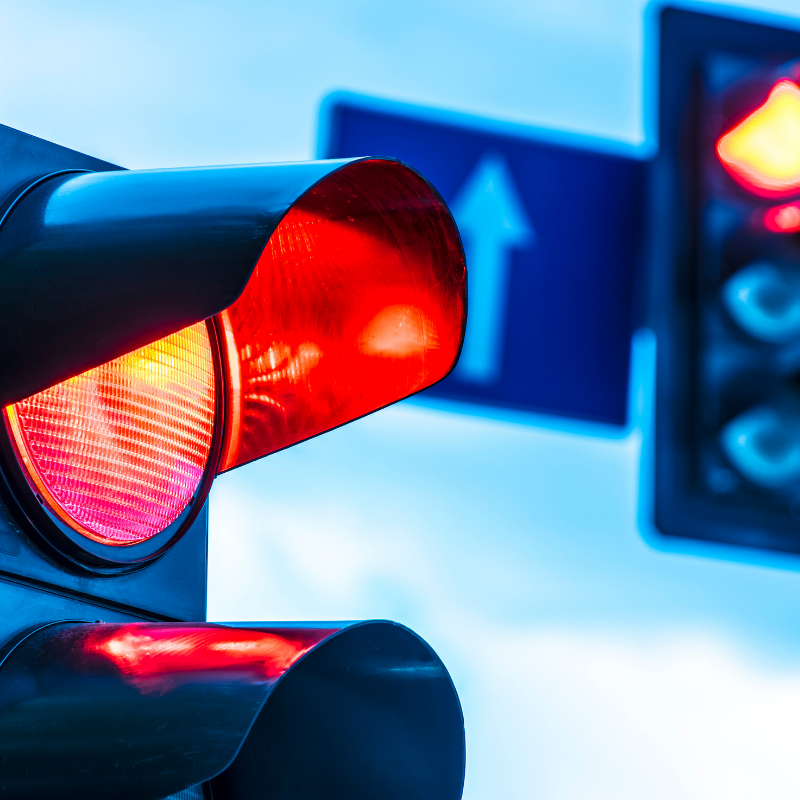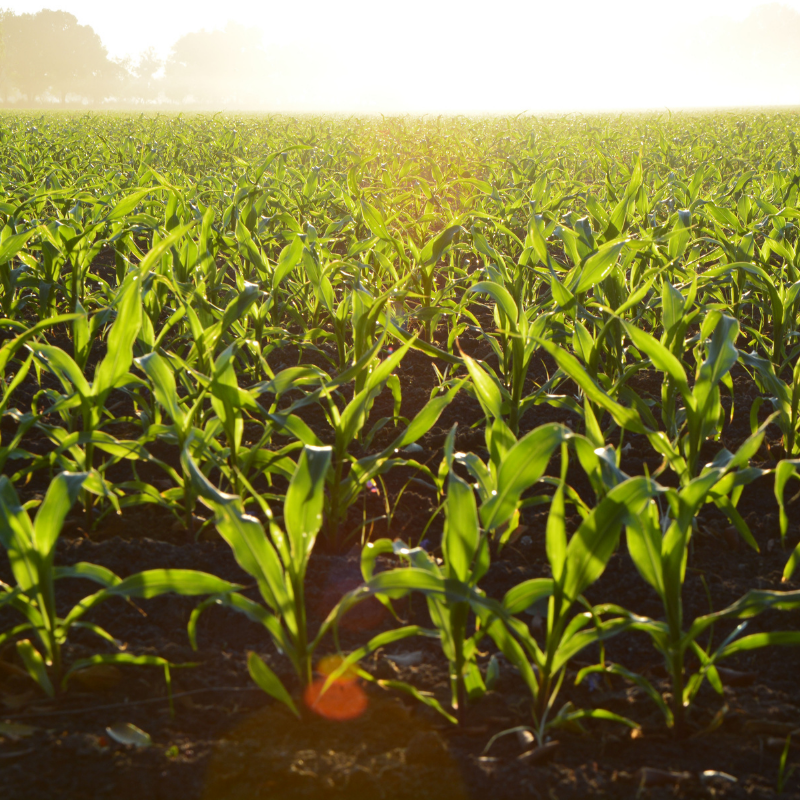The high quality standards required in automation can be guaranteed with state-of-the-art technologies.
Factory automation relies mostly on machine vision applications, and automotive industry is not an exception. Digital cameras are used in the whole manufacturing process, starting from the production of one single part, through the assembly and quality inspection. Machine vision technology with cameras designed for factory automation can be found in control and inspection systems, which have come to be used not only by car makers, but their suppliers and automotive workshops as well. Digital industrial cameras are used for example directly on the supplier’s lines and in workshops. With the correct vision system, manufacturers are able to optimize their production, and this manufacturing optimization unlock greater velocity, productivity and quality.
In automotive manufacturing the primary functions of a camera system are detection, inspection and measurement of the car components. The cameras detect whether a specific product is in its view, then by inspecting and measuring solutions the system can perform quality inspection, for example surface quality control. Machine vision tools are in use in the automotive industry, cameras are working on the production lines of electronic components, wires, mirrors etc., and of course they are integrated in the assembly lines as well. With vision inspection and image processing, manufacturing and assembly plants can achieve flexibility, consistency and safety in production, and as a result, a higher competitiveness. Machine vision for automotive integration requires industrial cameras as a result of their small but robust housing. Cameras for automobile manufacturing must provide:
- high image quality
- high speed
- high resolution
- high reliability
- small design
- shock resistance













